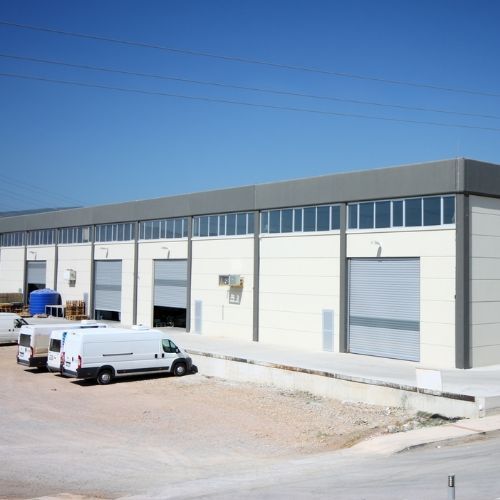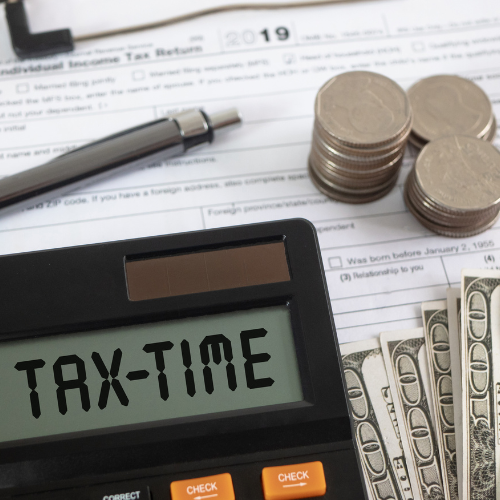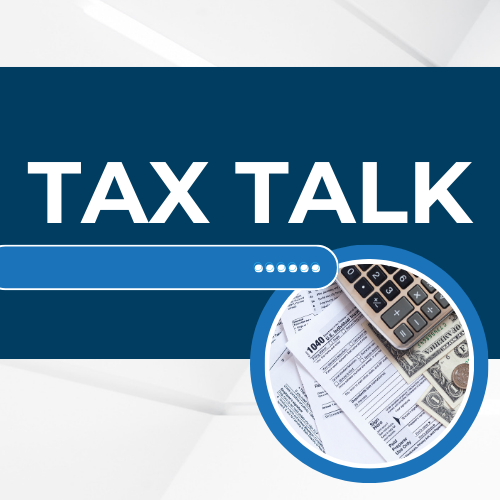Unlocking Savings: The Mileage Deduction
The Auto Mileage Deduction for Small Business Owners

As a small business owner, every penny counts. From managing day-to-day operations to navigating growth opportunities, maximizing tax deductions is crucial for optimizing your bottom line. One often-overlooked deduction that can lead to significant savings is the mileage deduction. In this post, we'll explore the ins and outs of the mileage deduction and how small business owners can leverage it to their advantage.
Understanding the Mileage Deduction
The mileage deduction allows small business owners to deduct the costs associated with using a vehicle for business purposes. Whether you're driving to meet with clients, attend conferences, or make deliveries, the mileage deduction can help offset the expenses of using your vehicle for business-related travel.
How it Works
The Internal Revenue Service (IRS) offers two methods for calculating the mileage deduction: the standard mileage rate method and the actual expense method.
- Standard Mileage Rate Method: Under this method, the IRS sets a standard mileage rate for each business mile driven. For the tax year 2023, the standard mileage rate is 58.5 cents per mile. To calculate your deduction using this method, simply multiply the total number of business miles driven by the standard mileage rate.
- Actual Expense Method: Alternatively, you can deduct the actual expenses incurred for operating your vehicle for business purposes. This includes expenses such as gas, oil, repairs, insurance, and depreciation. To use this method, you'll need to keep detailed records of your vehicle-related expenses throughout the year.
Qualifying for the Deduction
To qualify for the mileage deduction, your business use of the vehicle must meet certain criteria:
- The travel must be directly related to your business or job.
- You must keep accurate records of your business mileage, including the date, destination, purpose of the trip, and number of miles driven.
- Commuting from home to your regular place of business does not qualify for the mileage deduction unless you have a home office and the trip is to a temporary work location.
Benefits of the Mileage Deduction
The mileage deduction offers several benefits for small business owners:
- Savings: By deducting the costs of business-related travel, you can reduce your taxable income and lower your tax liability, leading to potential savings come tax time.
- Simplicity: The standard mileage rate method offers a straightforward and simplified approach to calculating your deduction, eliminating the need for complex record-keeping and calculations.
- Fairness: The mileage deduction accounts for the wear and tear on your vehicle incurred during business travel, ensuring that you're fairly compensated for the costs associated with using your vehicle for business purposes.
Tips for Maximizing Your Deduction
To make the most of the mileage deduction, consider the following tips:
- Keep Detailed Records: Maintain accurate records of your business mileage throughout the year, including the purpose of each trip and the number of miles driven. This will help substantiate your deduction in case of an IRS audit.
- Utilize Technology: Take advantage of mileage tracking apps or software to streamline record-keeping and ensure accuracy. These tools can automate the process of logging your business mileage, making it easier to track and report your deductions.
- Consult with an Accountant: Work with a qualified accountant or tax professional to ensure that you're maximizing your mileage deduction while staying compliant with IRS regulations. They can provide personalized guidance tailored to your specific circumstances and help you navigate any complexities or nuances related to the deduction.
The mileage deduction is a valuable tax-saving opportunity for small business owners. By tracking your business mileage and leveraging the mileage deduction, you can reduce your tax liability, increase your bottom line, and keep more money in your pocket. So, don't overlook this valuable deduction—start tracking your business mileage today and unlock savings for your small business.
Quick Links
Contact Information
Business Hours
- Mon - Fri
- -
- Sat - Sun
- Closed















